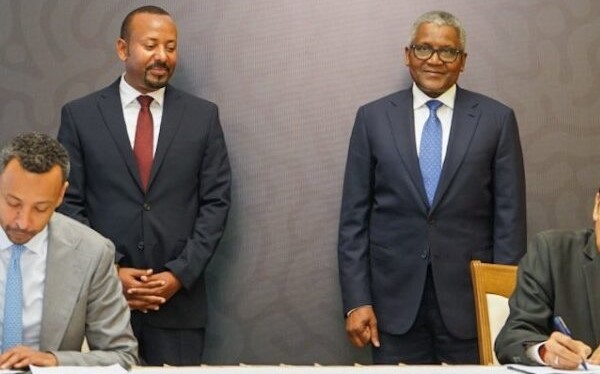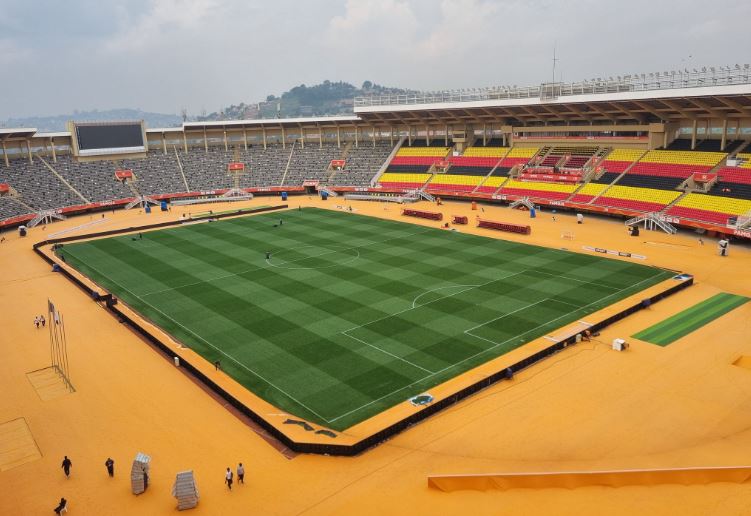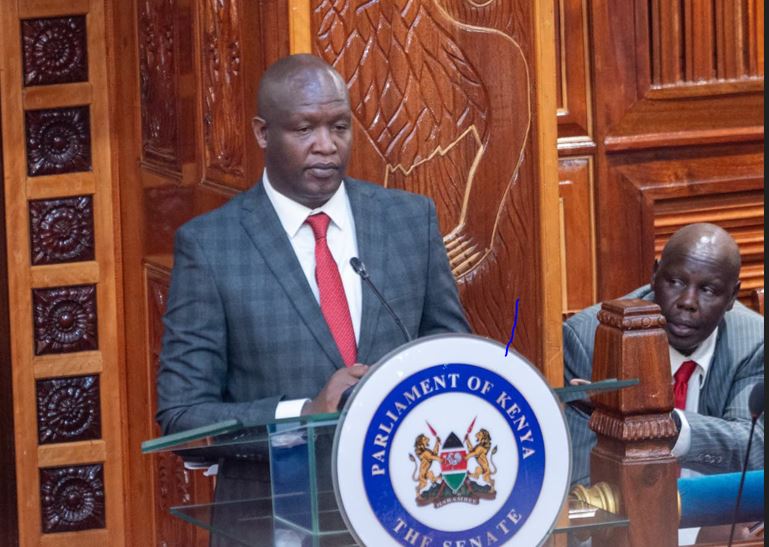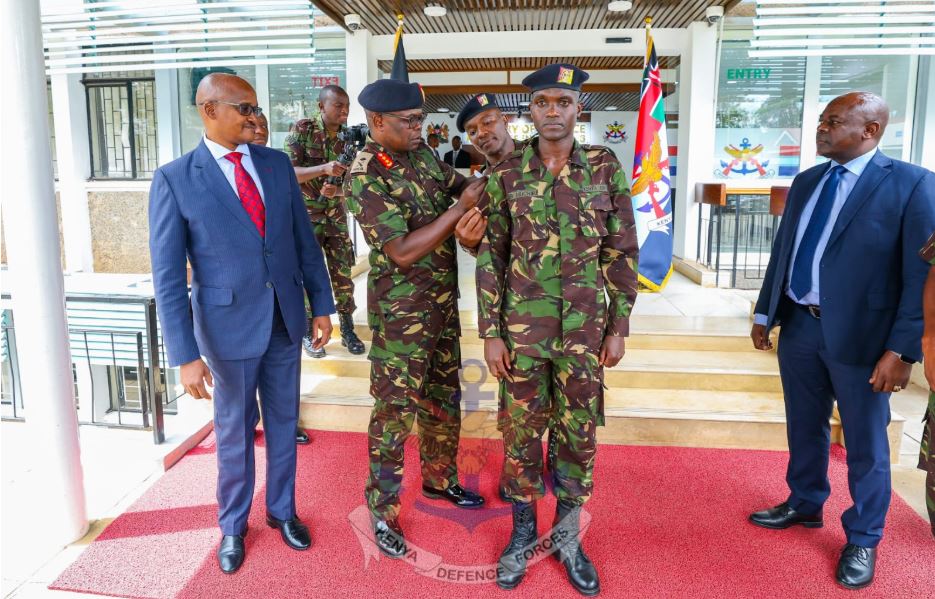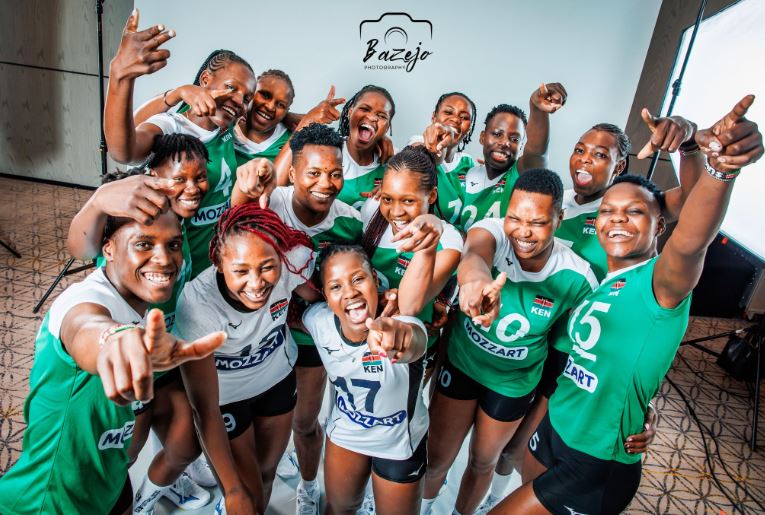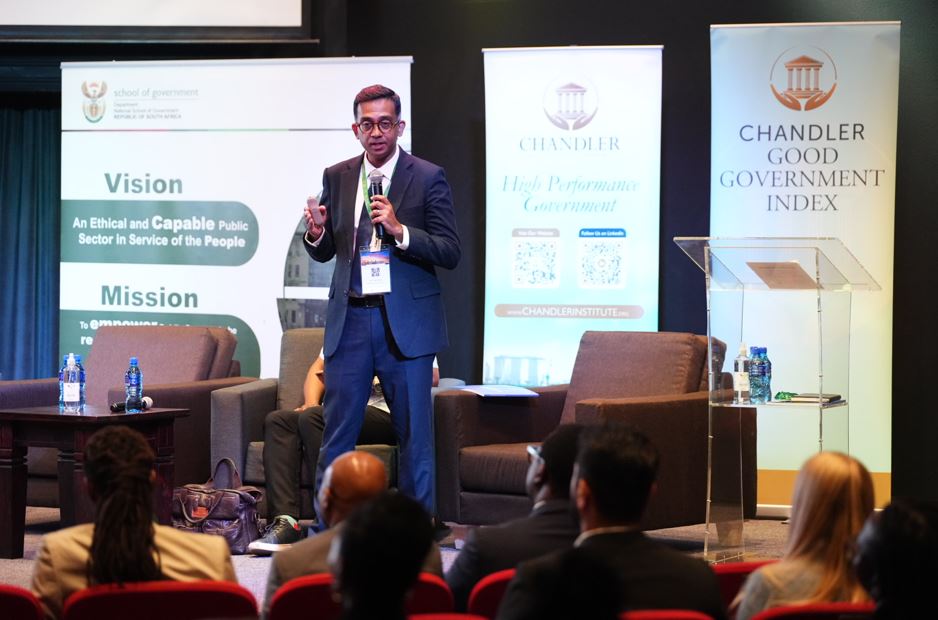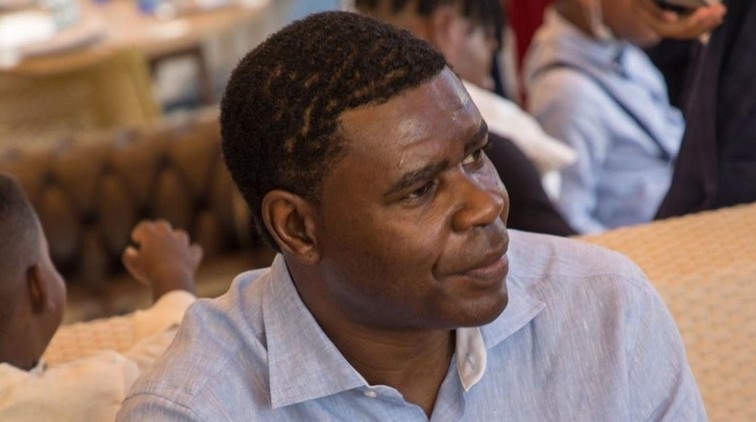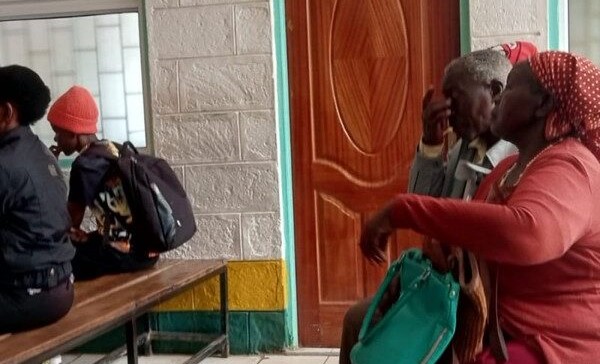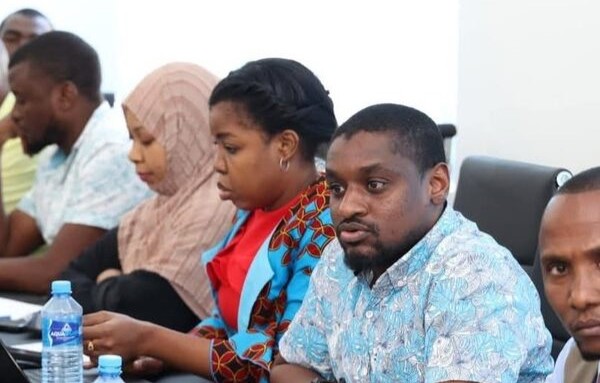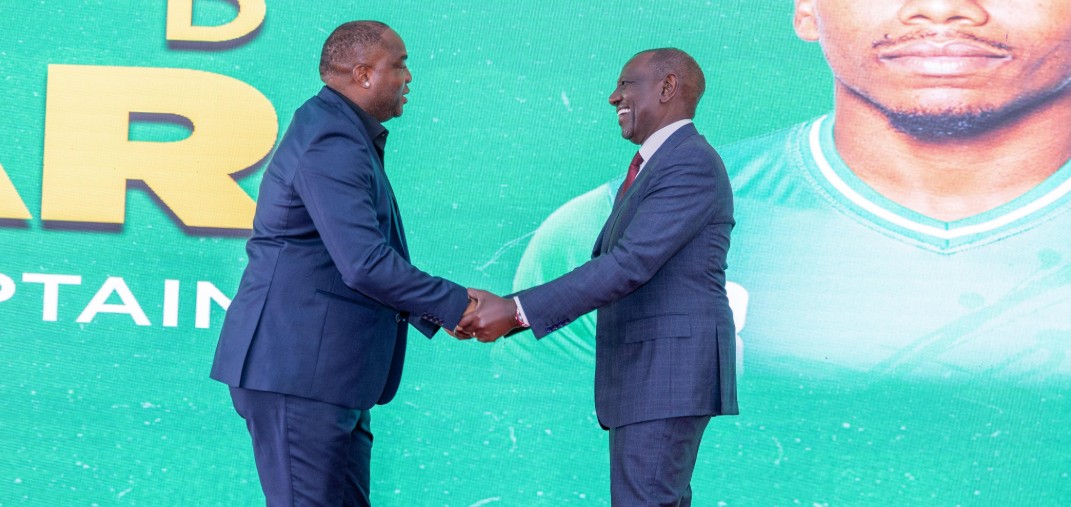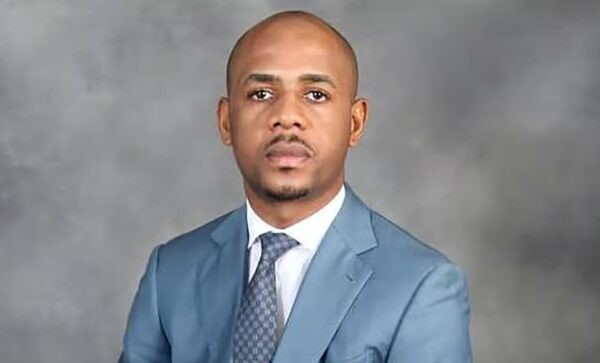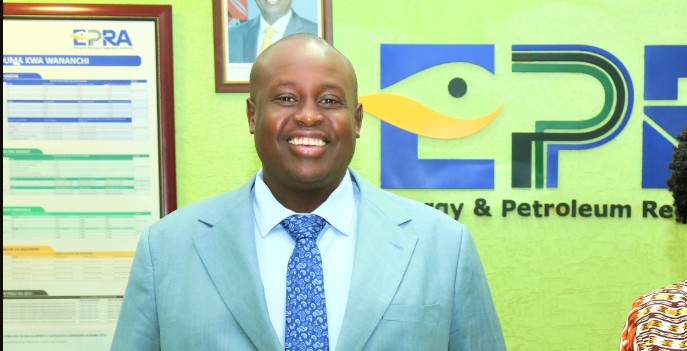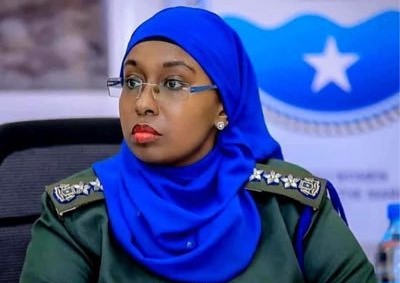Sudan Government vows post-war recovery, reconciliation in first Khartoum meeting since 2023 conflict
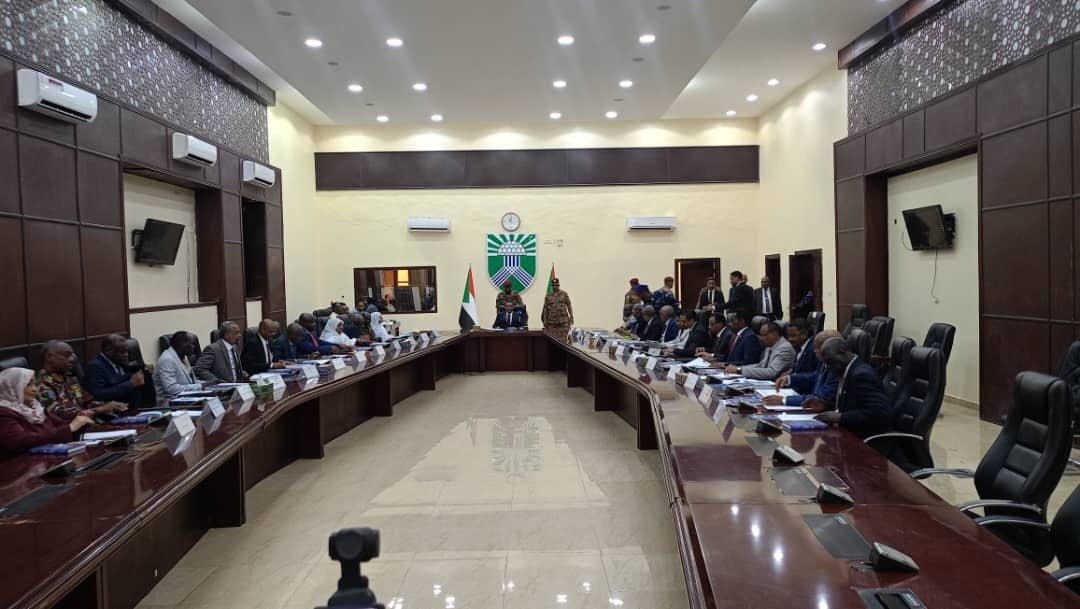
The session has been hailed as “a symbolic step toward the return of state institutions to the capital”, coming just over two months after the Sudanese army recaptured Khartoum from the Rapid Support Forces (RSF).
The Sudanese cabinet has vowed to prioritise post-war reconstruction, economic recovery and national reconciliation as it held its first meeting in Khartoum since the outbreak of conflict in April 2023.
The meeting, chaired by transitional Prime Minister Kamal Idris, was held on Tuesday at the headquarters of the Khartoum state government, with all 22 cabinet ministers attending.
More To Read
- Sudan floods kill 10, destroy homes as conflict deepens humanitarian crisis
- Sudanese cabinet holds first meeting in Khartoum since onset of civil war
- Nearly 1.65 million IDPs return home as Sudan displacement numbers fall
- RSF accused of shelling hospital, abducting eight civilians in El-Fasher
- WFP aid convoy attacked in Sudan's North Darfur, food relief trucks torched
- Sudan government relocates ministries from war-ravaged Khartoum to safer cities
The session has been hailed as “a symbolic step toward the return of state institutions to the capital”, coming just over two months after the Sudanese army recaptured Khartoum from the Rapid Support Forces (RSF).
The government has been operating from Port Sudan since it was forced to relocate in April 2023, but now plans to fully return to Khartoum by October.
Speaking after the meeting, Idris said the cabinet reviewed ministry plans for the remainder of the year, stressing priorities such as reconstruction, improving public services, security, economic recovery and strengthening productive sectors.
“We reviewed ministry plans through the end of the year, with a focus on reconstruction, economic recovery, service delivery and strengthening the productive sectors,” he said.
The prime minister also launched a national cleanup campaign across Khartoum, calling on citizens and both public and private institutions to participate.
According to State news agency SUNA, the session highlighted efforts to restore water, electricity and healthcare services, as well as rebuild destroyed infrastructure.
Idris further announced plans for a “comprehensive Sudanese-Sudanese dialogue,” which he said would be inclusive of all groups to promote reconciliation, peace and improved foreign relations.
During the session, copies of Idris’ book, Sudan 2025: Assessing the Path and the Dream of the Future, were distributed to cabinet members.
The gathering came two days after the swearing-in of new ministers for health and livestock, leaving the foreign affairs post vacant. Idris himself was sworn in on May 31 before Transitional Sovereignty Council Chairman General Abdel Fattah al-Burhan.
Since the conflict broke out, Khartoum has been the epicentre of fighting between the Sudanese Armed Forces and the RSF, which initially controlled most of the capital while the army held key bases in Khartoum, Bahri and Omdurman. In May, the army announced it had regained full control of Khartoum, declaring the city free of RSF fighters, and has since claimed gains in other regions, including White Nile state.
The war, triggered by tensions between General al-Burhan and RSF leader General Mohamed Hamdan Dagalo over the integration of the RSF into the national army and the timeline for civilian rule, has exacted a heavy toll.
United Nations figures indicate that more than 20,000 people have been killed and about 15 million displaced, both internally and across borders.
Top Stories Today

